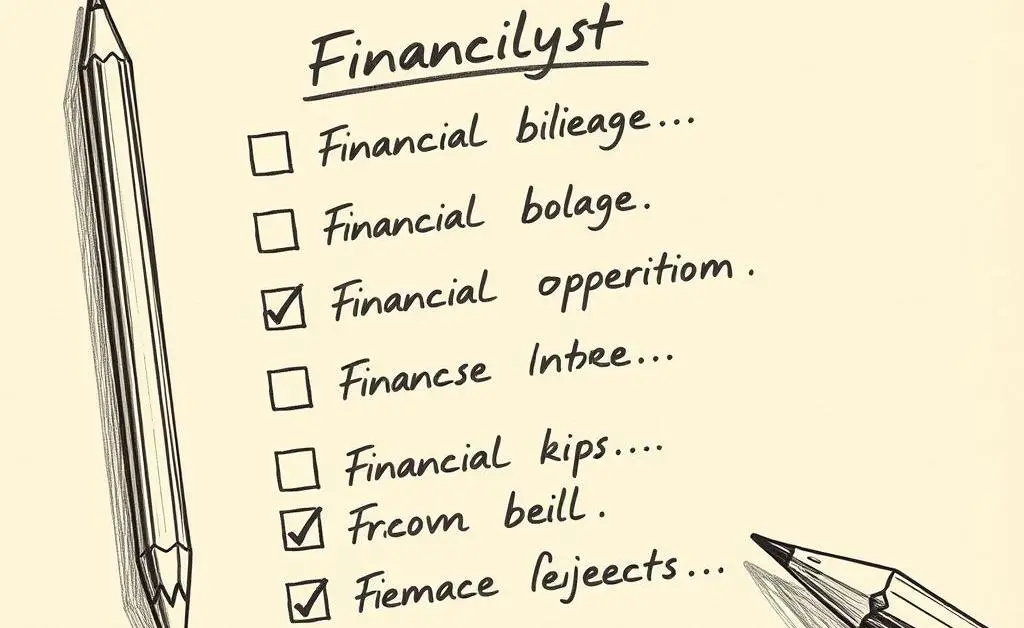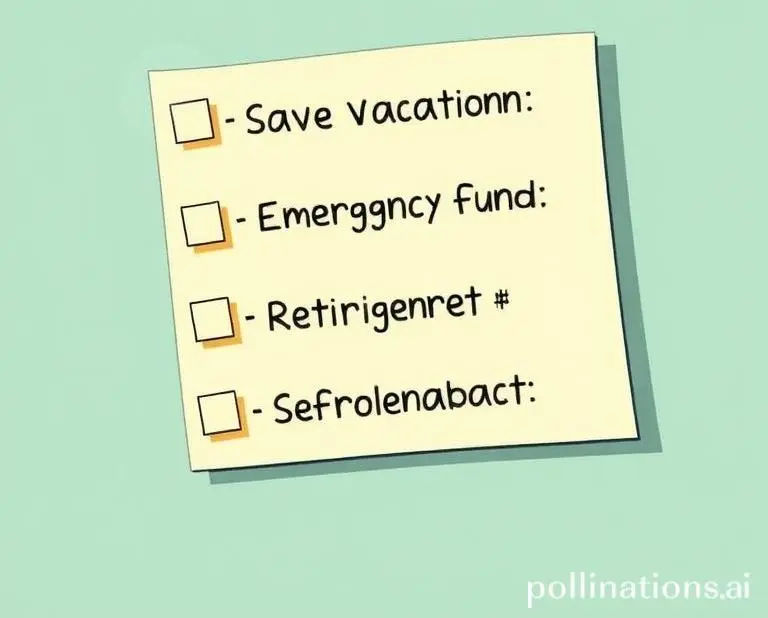Budgeting Basics: Simplifying Personal Finance Management
Master personal budgeting with these simple, effective tips.

Personal Finance Doesn't Have to Be Complicated!
Have you ever felt overwhelmed by the idea of creating and sticking to a personal budget? You're definitely not alone. Many of us break into a cold sweat at the sheer thought of organizing our finances, but it doesn't have to be that way. With some simple steps, managing your money can become a stress-free task.

Start with the Basics
Let's simplify things. The primary goal of a budget is to balance what you earn with what you spend. It might sound straightforward, but it involves knowing where your money goes. Keep the following basics in mind:
- Track Your Expenses: Keep an eye on where your money is flowing. Apps and spreadsheets can be handy here.
- Set Realistic Goals: Whether it’s saving for a vacation or building an emergency fund, clear goals can drive your planning.
- Review Regularly: Check your budget monthly or quarterly to ensure you’re on track.
A Relatable Budgeting Story
Meet Alex—a college student who always found her budget dwindling faster than expected. She often wondered, “Where does my money even go?” After a sobering moment at a coffee shop checkout, she decided to track her daily expenses for a month. Turns out, those small daily purchases were adding up more than she realized. Armed with this knowledge, Alex adjusted her habits, which helped her save up for a dream summer trip.

Setting Financial Goals
Once you've got the hang of tracking your spending, it’s time to set financial goals. Consider short-term objectives like eliminating credit card debt, as well as long-term goals such as saving for retirement. These goals will give you motivation and direction.

Wrap-Up: Take the First Step
Budgeting doesn’t have to be intimidating. With a few strategic steps, anyone can gain control over their finances. What’s the first small step you’ll take towards mastering your budget? Share your thoughts in the comments below!




